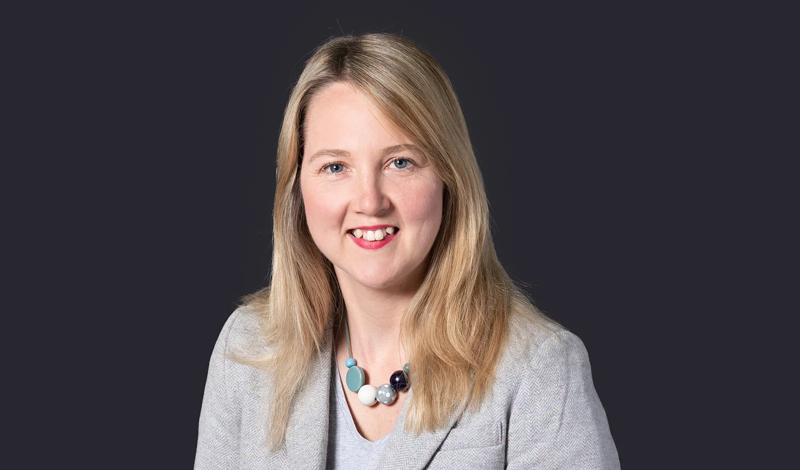These are the frequently asked questions (FAQs) we get asked by single academy trusts looking to join an existing multi academy trust (MAT).
There are a number of reasons why a single (sometimes called a ‘standalone’) academy may want to join an existing multi academy trust (MAT), for example:
- to comply with the Government’s clearly stated intention for all schools to be in strong multi academy trusts by 2030
- being part of a MAT may give the academy school access to better resources or support
- the academy school may already work very closely with other schools in the MAT and joining the MAT would be the natural next step
- the single academy may not feel it has the capacity to continue as a single academy
- the single academy may be required to become a sponsored academy school.
Existing academies looking to join an existing MAT will need to have the consent of the Secretary of State for Education via the Education and Skills Funding Agency (ESFA) and/or the relevant regional director.
This is now done by the MAT (rather than the single academy) completing an application form here.
Unlike academy conversions there is no requirement for the MAT or the single academy to consult with stakeholders. However, it is considered good practice for academy trusts to inform parents, staff and other key stakeholders about the proposals and give them the opportunity to respond.
Staff will need to be formally informed/consulted about the transfer of their employment under the Transfer of Undertakings (Protection of Employment) Regulations 2006 (‘TUPE’).
The business of running the academy school will transfer from the single academy trust to the MAT. The following steps will need to be taken:
- the single academy trust, MAT and the Secretary of State will enter into a deed of novation and variation, which will transfer the responsibility for complying with the existing funding agreement to the MAT and vary the existing single funding agreement to a MAT supplemental funding agreement
- the employment of the staff of the academy school will transfer from the single academy trust to the MAT in accordance with the Transfer of Undertakings (Protection of Employment) Regulations 2006 (‘TUPE’)
- the assets and contracts of the academy school will be transferred from the single academy trust to the MAT under a commercial transfer agreement (it may sometimes be necessary for the local authority to be a party to this agreement)
- the MAT will need to be given use of the academy school land and buildings, usually either by way of a transfer of the 125 year lease with the local authority or the transfer of the freehold of the land, as applicable.
Once the conversion has taken place, the single academy trust company can be wound up.
When the school initially converted to a single academy trust, it is likely that all the existing governors of the maintained school became the trustees of the academy trust. In an academy, these trustees have three names:
- they are directors because the academy trust is a company
- they are trustees because the academy trust is a charity (albeit one that is exempt from registering with the Charity Commission)
- they are governors because the academy trust is responsible for running the school(s).
For the purposes of this document, we refer to them as ‘trustees’.
When the academy joins the MAT, it is usual for there to be three tiers of governance rather than two. These three tiers will be:
- members of the MAT
- board of trustees of the MAT (the board)
- local governing bodies (LGBs) for each academy school.
You will need to discuss with the MAT whether any of your trustees will sit on the Board and therefore continue to be trustees. However, it is likely that the majority of your existing trustees will not be trustees of the MAT and will sit on the LGB for the academy school.
Within a MAT, each academy school will usually have its own local governing body (LGB). These have a similar status to committees of a maintained governing body and the only powers they have are those that are delegated to them by the Board. This is formalised into a scheme of delegation. Whilst individuals serving on an LGB may on occasion also be trustees of the MAT, the DfE’s strong preference is to retain some separation between the layers of governance to ensure effective oversight and challenge. It is common for individuals serving on an LGB to be referred to a ‘governors’, although technically the governors of an academy trust are the trustees.
Some larger MATs may have structured their local governance into hub or regional boards, with each hub being responsible for more than one school. As part of its due diligence a standalone academy looking to join a MAT should carefully check the MAT’s scheme of delegation to ensure it is comfortable with the way local governance is run.
Whilst the LGBs will usually have delegated authority to run the academy school, the Board will be ultimately responsible for all academies it runs.
Author

Victoria Hatton
Partner
victoria.hatton@brownejacobson.com
+44 (0)330 045 2808







































